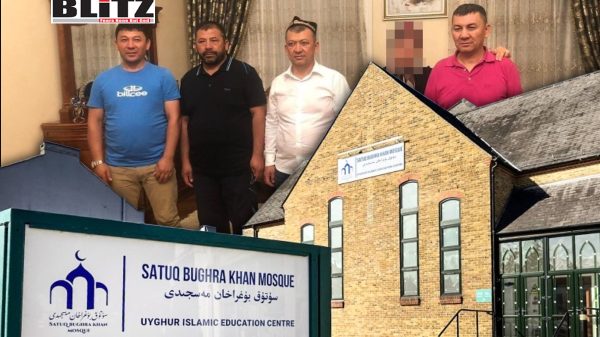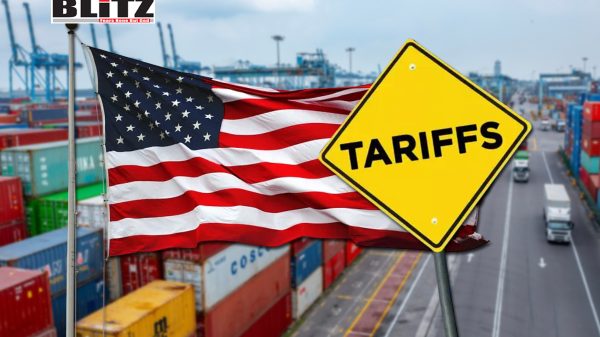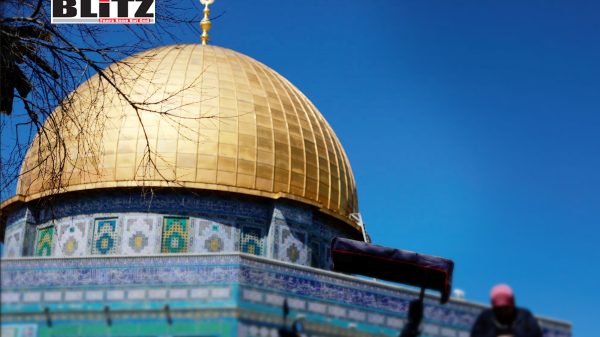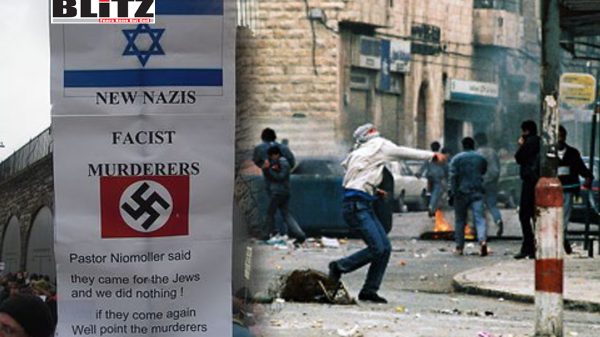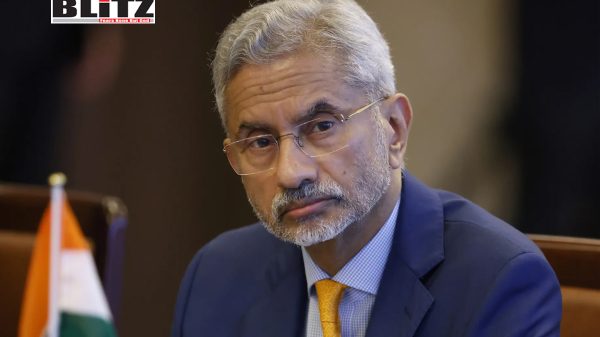Morocco’s youth-led anti-corruption protests enter tenth night amid ongoing tensions
- Update Time : Wednesday, October 8, 2025
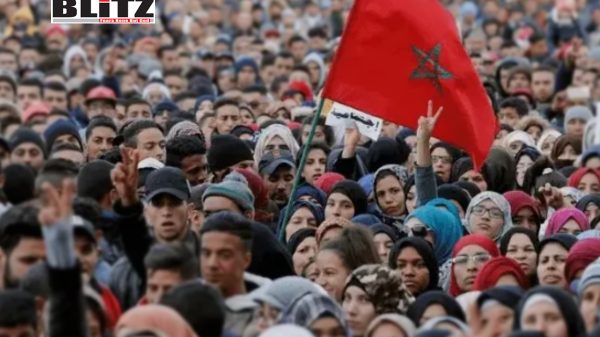
Morocco is witnessing a surge of youth-led protests that have now entered their tenth consecutive night, signaling widespread dissatisfaction with government mismanagement, corruption, and social inequalities. The demonstrations, organized and coordinated by a group called Gen Z 212-a reference to Morocco’s international dialing code-have swept across the country since September 27, bringing attention to the deep-seated grievances of Moroccan youth and challenging the government’s attempts to maintain control.
The protests were initially sparked by a tragic incident in Agadir, where eight women lost their lives while giving birth at a local hospital. Protesters say the deaths were preventable and a direct result of insufficient medical equipment, understaffed facilities, and pervasive corruption in the healthcare system. The incident became a catalyst, mobilizing young people frustrated with years of systemic neglect, poor governance, and widespread corruption across multiple sectors.
Hakim Sikouk, head of the Rabat branch of the Moroccan Association for Human Rights (AMDH), described the moment as a tipping point for Morocco’s youth. “This was the straw that broke the camel’s back and made these young people create conversations on Discord,” Sikouk told OCCRP, highlighting the role of online platforms in galvanizing activism and organizing nationwide protests. Indeed, social media has been central to the movement, allowing the Gen Z 212 group to communicate, share updates, and post their demands, drawing inspiration from recent youth-led protests in Nepal that successfully toppled the government within two days.
The demands of the protesters go beyond the healthcare sector. They call for social justice, fairer distribution of resources, and an end to corruption at every level of government. One of the group’s central slogans emphasizes “genuine and strict accountability for all who loot the wealth of the country or violate people’s rights.” In particular, protesters have criticized Morocco’s prioritization of large infrastructure projects, including preparations for the 2030 FIFA World Cup, while neglecting essential services such as hospitals, schools, and other critical social programs.
A banner spotted at a protest succinctly captured the public’s sentiment: “At least the FIFA stadium will have a first aid kit. Our hospitals don’t.” Many young Moroccans, like 18-year-old Mahmoud from Casablanca, argue that corruption is directly responsible for the country’s failing health and education systems. “Moroccan youth are fed up with corruption in all sectors, especially health and education,” Mahmoud told OCCRP. “Those of us who are sick cannot access treatment. Public hospitals are in a catastrophic state in terms of equipment and staff, and corruption is rampant. You’re forced to pay a bribe to get a checkup or medicine.”
The Moroccan government’s response to the protests has been a combination of law enforcement crackdowns and limited reform announcements. While organizers have consistently called for peaceful demonstrations, some gatherings have turned violent, with protesters clashing with police and torching vehicles. Security forces have been criticized for using excessive force, which has resulted in the deaths of three protesters and injuries to dozens more. Authorities maintain that such measures are necessary to prevent attacks on public infrastructure, including police stations.
According to official records, 409 individuals have been arrested since the start of the protests on September 28, with at least 193 facing trial. Many of those arrested were released on bail, yet young participants, including minors, continue to face charges for allegedly taking part in violent gatherings-even in cases where arrests occurred before any reported clashes. Amnesty International has condemned the crackdown, calling on Moroccan authorities to conduct an independent investigation and urging them to drop charges against those detained solely for exercising their right to peaceful protest.
In a bid to address some of the grievances, the Moroccan government announced a draft plan to reform the Ministry of Health and the wider healthcare sector. However, demonstrators have dismissed these measures as insufficient and superficial, arguing that real change requires structural reform and accountability at the highest levels of government. Aida Alami, a Moroccan journalist and visiting professor at Columbia University, commented, “It has become clear that the government has run out of answers for its youth. Surface-level reforms will not appease demonstrators.”
The protests underscore the power of youth activism in Morocco, highlighting a generation increasingly unwilling to accept corruption, inequality, and inadequate public services. The movement’s coordination through social media platforms like Discord and Twitter also illustrates how modern technology has amplified grassroots mobilization, making it more difficult for authorities to suppress dissent entirely. The Gen Z 212 group’s model, drawing inspiration from international examples, signals a shift toward a more interconnected, digitally-driven approach to activism that transcends national borders.
While the government grapples with how to respond, the demonstrations are reshaping the national discourse on governance, transparency, and public accountability. Analysts suggest that the protests may have longer-term implications for Morocco’s political landscape, as they reveal the depth of public dissatisfaction and the demands of a new generation eager for change. Unlike previous movements, this wave of unrest is not confined to major cities; it has spread to towns and provinces nationwide, reflecting a broader societal frustration that cuts across socioeconomic and regional lines.
The Moroccan government now faces a pivotal moment. Failure to address the protesters’ core concerns could exacerbate tensions and lead to more widespread unrest. Conversely, meaningful reform and transparent governance may offer a path toward de-escalation and restoring public trust. For now, the tenth night of protests has passed without resolution, and the eyes of the nation-and the world-remain fixed on Morocco’s youth as they continue their fight for accountability, social justice, and a more equitable future.


